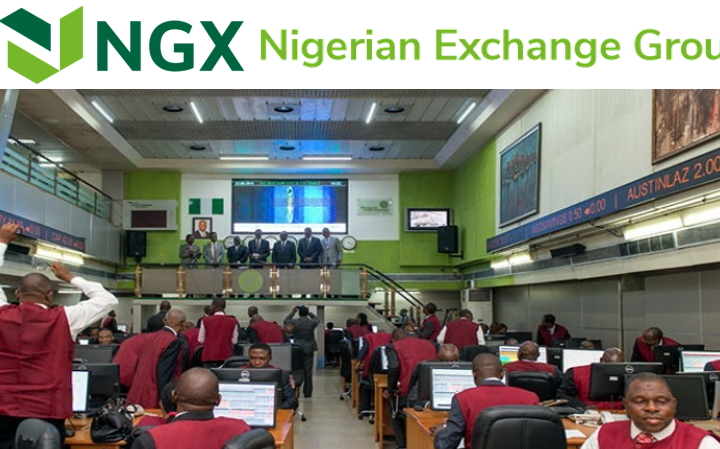Manufacturers Association of Nigeria (MAN) has lamented the impact of high energy cost, depreciation of naira and inflation on their business operations.
Inflation rate has been on a steady surge reaching a 28-year high of 34.8 per cent in December 2024. The exchange rate has also remained high since the depreciation of the naira, hovering between N1,550 and N1,700 at both official and black market window.
Join our WhatsApp ChannelSpeaking at a media briefing in Lagos, Director-General, MAN, Segun Ajayi-Kadir, said many businesses have collapsed because of harsh economic environment.
He decried the hike in electricity tariff by over 250 per cent in the last one year, adding that manufacturers are being ripped off.
He queried the justification for the hike in electricity tariff when, according to him, electricity distribution companies still lack the capacity to deliver efficient services in terms of stable power supply.
“Many businesses have collapsed, others have left the country, many are under-performing because of the economic challenges,” he stated.
According to him, there is nowhere in the world where business is done the way electricity DisCos are doing it in Nigeria.
“If the Discos say they are not profitable, they should cut their losses and go and do something else,” he added.
READ ALSO: FX Crisis: How Manufacturers Lost N1.5tn In Six Months, Says MAN
On his part, MAN President, Francis Meshioye, said macroeconomic and infrastructural challenges have adversely affected performance of the manufacturing sector in the country.
According to him, the inflationary pressure has severely impaired the purchasing power of consumers making, unsold inventory across industries rise to N1.4 trillion by the end of 2024.
He observed that the naira depreciation pushed up the costs of imported raw materials and machinery, thereby worsening the already strained profitability of manufacturers.
MAN president further stated that the interest rate which reached 27.7 per cent by November 2024, substantially increased the cost of borrowing from banks, “making it harder for manufacturers to access financing for expansion and modernisation.”
“The rising interest rates, combined with inflation, severely limited the potential for investment in the sector, impeding long-term growth prospects,” he added.
He warned that if the Nigeria fails to develop and sustain its manufacturing sector, it would lead to importing poverty and exporting wealth.
Victor Ezeja is a passionate journalist with six years of experience writing on economy, politics and energy. He holds a Masters degree in Mass Communication.

















